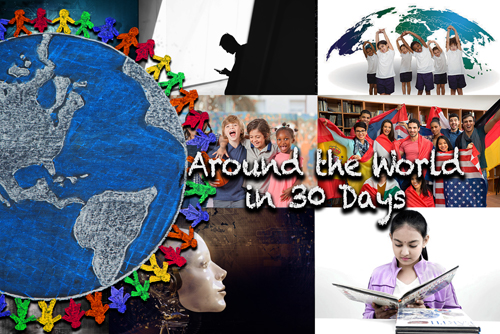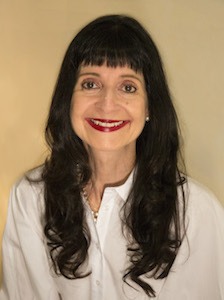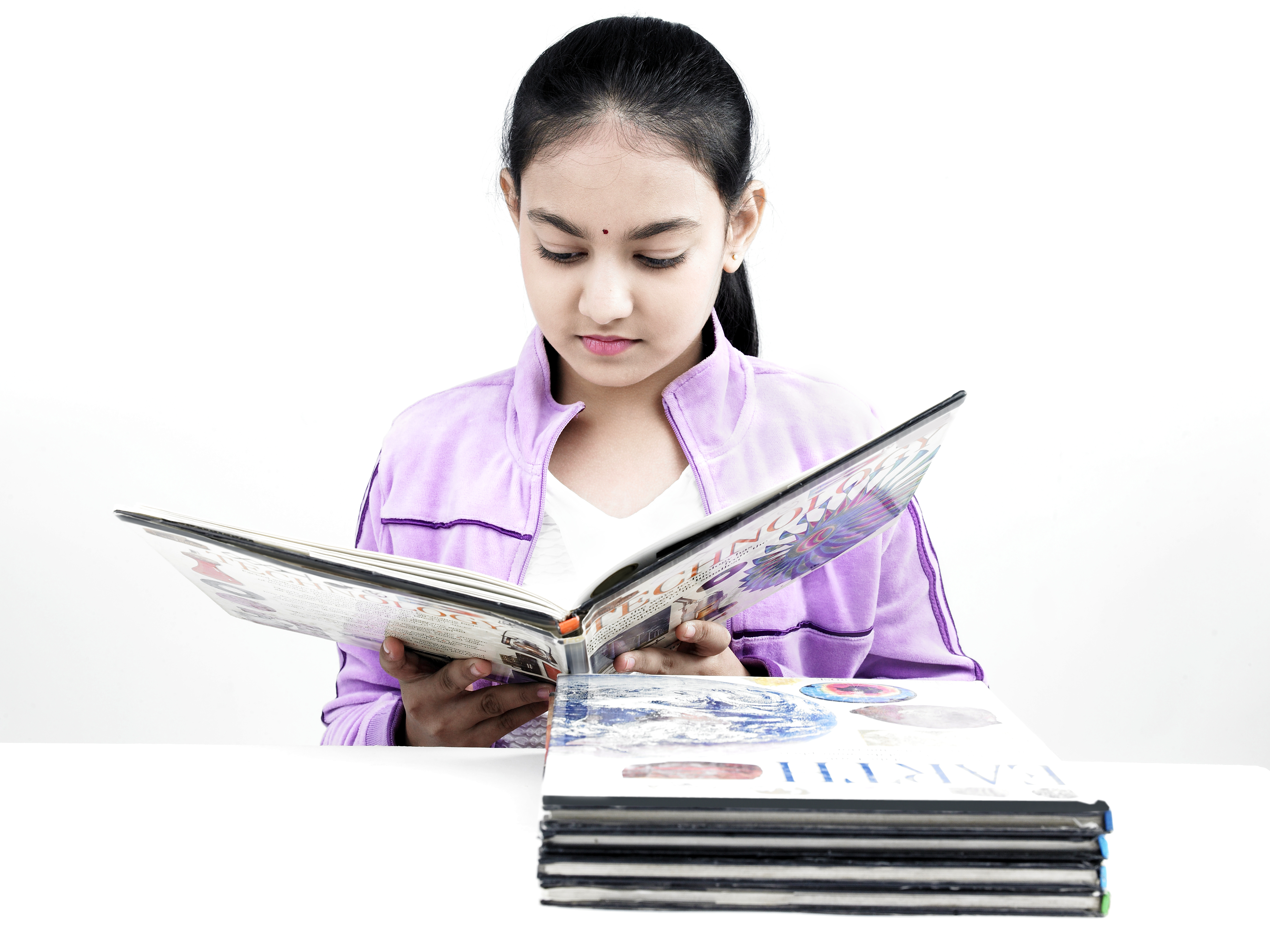C. M. Rubin’s Global Education Report
Europe has not been shy about putting Big Tech under the microscope. This month, Google hit a new record with a US$5 billion fine for trying to eliminate competition in the search field. Technology and progress in science bring with them transformative advances which offer potential solutions to some of the world’s greatest challenges. At the same time, these technologies present new issues and new challenges for our society. Our Millennial Bloggers are based all over the world. They are innovators in entrepreneurship, journalism, education, entertainment, and academic scholarship. This month we asked them to share their perspectives on the big tech debate. Are we approaching Utopia or Dystopia or both?
Effective education and social policies are necessary in order for immigrant children to assimilate successfully into society and unlock their true potential. But ensuring that students with an immigrant background have good well-being is difficult because many foreign-born students, the children of foreign-born parents, or mixed-heritage students need to overcome the adversities related to displacement, socio-economic disadvantage, language barriers and the conflicting pressures involved in forging a new identity – often all at the same time. A new report, “The Resilience of Students with an Immigrant Background: Factors that Shape Well-Being,” underlines the significant role education systems, schools and teachers can play in helping immigrant students integrate into their communities better. The report’s author, Francesca Borgonovi joined us in The Global Search for Education this month to discuss its findings.
Data and the intelligence that can be gained from it are seen as a solution to solving many of the world’s largest challenges, but despite the great opportunities, there are also significant risks. Data-based companies use data to make money. As computer systems become increasingly centralized and ubiquitous, the possibility for widespread security breaches becomes a risk, and we’ve already seen the devastating consequences, e.g. the Cambridge Analytica Scandal. Jon Crowcroft, the Marconi Professor of Communications Systems at the Alan Turing Institute – University of Cambridge, joined us in The Global Search for Education to talk about privacy, security and what’s next in the age of big data.
Print and pictures on the pages of a textbook, a novel, a poster board, a newspaper or a comic book – once upon a time that was how we consumed stories and other information. Then came the internet. Today, digital natives are both consuming and creating online or on their mobile phones constantly, and the literacy skills needed for an interconnected world have changed. They include the ability to navigate thousands of sources, locate quality information, evaluate fact from fiction, synthesize, and create and communicate perspectives in the appropriate way to diverse audiences. To what extent are the literacy skills required for a new world more or less the same as they were before? Will new literate practices need to be generated and if so, what are these new literacies and how can they be learned? This month our top teacher bloggers from around the world weighed in.
Our thanks to all our contributors and supporters around the world.
C. M. Rubin
Join me and globally renowned thought leaders including Sir Michael Barber (UK), Dr. Michael Block (U.S.), Dr. Leon Botstein (U.S.), Professor Clay Christensen (U.S.), Dr. Linda Darling-Hammond (U.S.), Dr. MadhavChavan (India), Charles Fadel (U.S.), Professor Michael Fullan (Canada), Professor Howard Gardner (U.S.), Professor Andy Hargreaves (U.S.), Professor Yvonne Hellman (The Netherlands), Professor Kristin Helstad (Norway), Jean Hendrickson (U.S.), Professor Rose Hipkins (New Zealand), Professor Cornelia Hoogland (Canada), Honourable Jeff Johnson (Canada), Mme. Chantal Kaufmann (Belgium), Dr. EijaKauppinen (Finland), State Secretary TapioKosunen (Finland), Professor Dominique Lafontaine (Belgium), Professor Hugh Lauder (UK), Lord Ken Macdonald (UK), Professor Geoff Masters (Australia), Professor Barry McGaw (Australia), Shiv Nadar (India), Professor R. Natarajan (India), Dr. Pak Tee Ng (Singapore), Dr. Denise Pope (US), Sridhar Rajagopalan (India), Dr. Diane Ravitch (U.S.), Richard Wilson Riley (U.S.), Sir Ken Robinson (UK), Professor Pasi Sahlberg (Finland), Professor Manabu Sato (Japan), Andreas Schleicher (PISA, OECD), Dr. Anthony Seldon (UK), Dr. David Shaffer (U.S.), Dr. Kirsten Sivesind (Norway), Chancellor Stephen Spahn (U.S.), Yves Theze (LyceeFrancais U.S.), Professor Charles Ungerleider (Canada), Professor Tony Wagner (U.S.), Sir David Watson (UK), Professor Dylan Wiliam (UK), Dr. Mark Wormald (UK), Professor Theo Wubbels (The Netherlands), Professor Michael Young (UK), and Professor Minxuan Zhang (China) as they explore the big picture education questions that all nations face today.
The Global Search for Education Community Page
C. M. Rubin is the author of two widely read online series for which she received a 2011 Upton Sinclair award, “The Global Search for Education” and “How Will We Read?” She is also the author of three bestselling books, including The Real Alice in Wonderland, is the publisher of CMRubinWorld and is a Disruptor Foundation Fellow.
Follow C. M. Rubin on Twitter: www.twitter.com/@cmrubinworld







Recent Comments